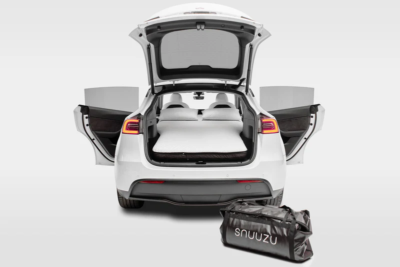China approves HP’s $1.1 billion deal to buy Samsung Printer Business with restrictions

China revealed on Thursday it has approved HP’s $1.1 billion deal to buy out Samsung Electronics Printer business with some restrictions. China concerns the dominance of US firm in the local laser printer market.
The deal was announced in September 2016 by HP hoping to reshape the $55 billion printer market by introducing hybrid printers embedding mobile and cloud printing technologies to its product line. The company hoped to finalize the deal within 12 months after regulatory clearance.
Read: China magnets supplier announces..
China has certain conditions in this part, Ministry of Commerce late on Thursday said in a statement, selling A4 laser printers by HP in China should be “Fair and Reasonable” terms and the company must report half yearly on the prices and related data to the ministry.
China Puts full ban on Messaging app WhatsApp
China also said HP must not involve itself in buying any other A4 printer manufacturers in China even if they are minority equity investment. HP must not also restrict compatibility in their printers to use third-party suppliers—according to the ministry.
HP is hoping to close the acquisition deal during the fourth quarter ending on December 31, HP spokesperson said in an email and declined to comment on the regulatory process. However, Samsung wasn’t immediately available for comment as well.
Under the acquisition deal, HP will add an intellectual property portfolio of more than 6500 printing patents and around 1300 engineers and researchers having expertise in laser printer technology, printer supplies, and imaging electronics.
China is not allowing any foreign company to dominate the market entirely on their own; there are many Chinese companies who manufacture printer supplies, paving the way for their local industry to thrive with these restrictions on HP. Being one of the biggest markets globally China has set the rules since long to give a jump start to their local companies.
How China is Turning into Saudi Arabia
Digital marketing enthusiast and industry professional in Digital technologies, Technology News, Mobile phones, software, gadgets with vast experience in the tech industry, I have a keen interest in technology, News breaking.









